Aluminum is undoubtedly one of the most abundant metals on earth. It is present in traces almost everywhere on the planet. The reason it is so common and effective is because it is durable and can withstand whatever mother nature throws at it but does aluminum rust?
No, aluminum does not rust, but it corrodes. Rust is a type of corrosion (a phenomenon that occurs when moisture comes in contact with the oxygen present in the air that is in the atmosphere). Although corrosion and rust are often used interchangeably, they differ fundamentally.
Just like it occurs with other metals, an oxide layer still forms on aluminum when it comes in contact with oxygen. However, the layer of aluminum oxide that forms is protective, hard, thin, fairly transparent, and tricky to remove, unlike other metals such as iron or steel. Since it is hardly noticeable, and it protects the metal, the oxidation of aluminum is not much of an issue.
Contents
- How Do You Protect Aluminum From Corrosion?
- What Is The Difference Between Rust And Corrosion?
- Can I Prevent Corrosion Of Aluminum By Applying Protective Coating?
- How Corrosion-Resistant Is Aluminum?
- Does Aluminum Rust?
- Does Aluminum Corrode In Salt Water?
- How Long Does It Take Aluminum To Corrode?
- Will Aluminum Rust Outdoors?
- What Metal Does Not Rust?
How Do You Protect Aluminum From Corrosion?
Corrosion can pose a problem to aluminum. To prevent aluminum from corroding, store the metal away from moisture, this is because corrosion is often triggered when moisture comes in contact with aluminum.
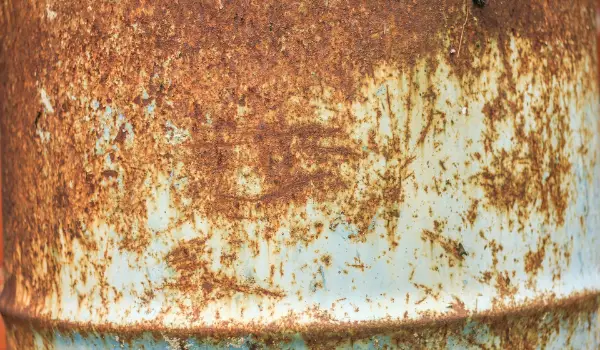
Furthermore, you can apply a layer of protective clear coat to your aluminum to help prevent corrosion, or instead choose an aluminum alloy that is resistant to corrosion.
You should also take into consideration the grade or series of aluminum you’re using. Some grades of aluminum such as the 3003 and 5052, are much more resistant to corrosion than others. Also, some series of alloys offer good corrosion resistance.
What Is The Difference Between Rust And Corrosion?
Rusting is a specialized form of corrosion that only affects iron and steel while corrosion starts with oxidation, where atoms of metal come in contact with oxygen leading to a slow breakdown.
Metals mostly corrode to some form of ore while rust is when iron oxidizes and gives off flakes. Flaking leaves the fresh metal beneath exposed, this fresh metal, in turn, oxidizes and flakes again.
Aluminum oxidizes faster than steel because aluminum is easily affiliated with oxygen. Rather than flaking, aluminum oxide instead just forms a hard, whitish-coloured skin on the surface. Once all the atoms of the aluminum have bonded with oxygen, the process of oxidation stops.
Can I Prevent Corrosion Of Aluminum By Applying Protective Coating?
Yes, you can prevent the corrosion of aluminum by applying a protective coat. There are three options for a protective coat; Paint, Anodize, and Powder coat.
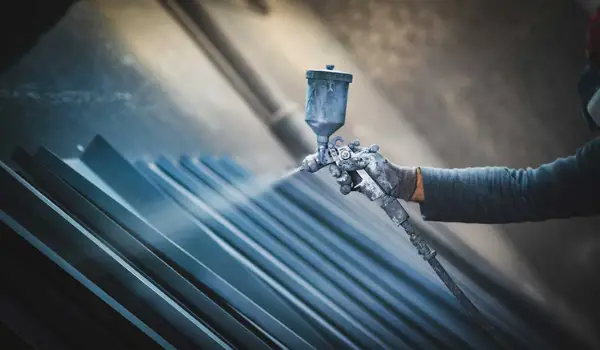
If you’re majorly concerned about preventing galvanic corrosion, you should use paint or powder with high electrical resistance. While the coating approach is also a good idea, it opens you to imminent risk because every damage will require your immediate attention. If you by chance leave some aluminum exposed, you will risk corrosion.
Anodizing is a form of surface oxidation that can generate a very attractive finish. However, it is not always advisable for larger fabrications.
How Corrosion-Resistant Is Aluminum?
Generally, aluminum and its alloys are excellently resistant to corrosion. In its natural state, commercially pure Aluminum has the best resistance to corrosion but the quality of the aluminum becomes compromised as alloys, especially when zinc, copper, iron, or magnesium is added.
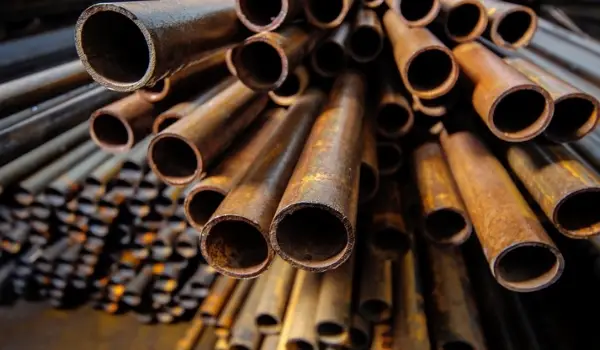
These elements when added in small percentages are added to give the metal the desired properties of ductility, reliability, corrosion resistance, strength, and machinability. Due to the extent of predictability in the changes of properties between different groups of alloys, they are commonly used in several markets.
Does Aluminum Rust?
No, aluminum does not rust. Rusting is a form of corrosion that is mainly applicable to iron and steel. As a matter of fact, rust is the common name for oxide of iron, when steel or iron bonds with oxygen and goes through the oxidation process. Therefore, aluminum cannot rust but it does corrode.
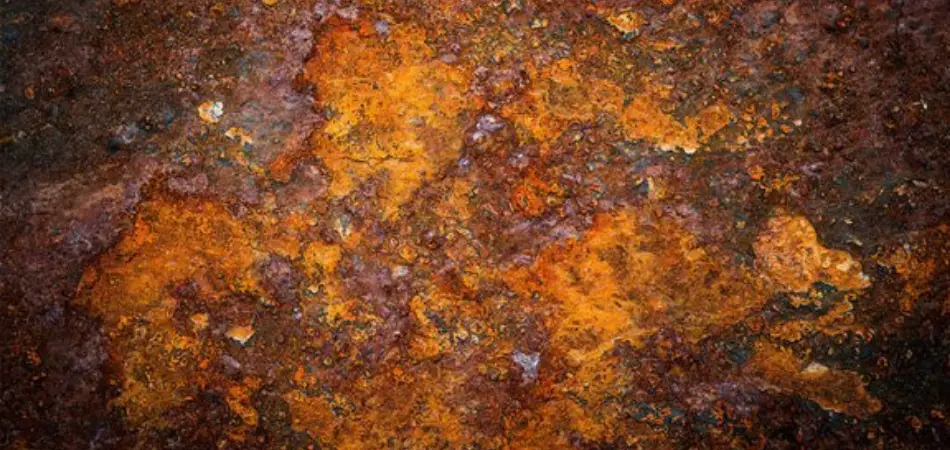
Does Aluminum Corrode In Salt Water?
Yes, aluminum corrodes in salt water, this is called galvanic corrosion. This is as a result of the metal in the electrically conductive solution (which is the saltwater) giving up atoms when connected to a dissimilar metal in that same solution. This simply means that the metal falls apart or corrodes. The effect of this is that the hull on the metal becomes pitted.
The rate at which aluminum corrodes on its own is deduced by how chemically functional it becomes when put in saltwater. The less active it is, the more resistant it is to corrosion while the more active it is, the less resistant it is to corrosion. However, if it does not come in contact with any other thing, aluminum will corrode at a very slow rate. But the connection with different metals means the aluminum will corrode faster and start to fall apart.
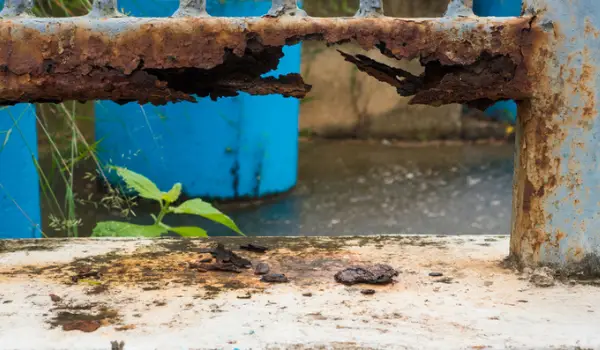
How Long Does It Take Aluminum To Corrode?
Corrosion eats away at aluminum, slowly. This process can take several weeks, months, or even years for aluminum to completely corrode. In the long run, however, products made from aluminum will begin to develop holes as a result of corrosion.
Will Aluminum Rust Outdoors?
As earlier discussed, aluminum does not rust but it corrodes. So it will corrode outdoors as long as it is in constant exposure to moisture and oxygen. Although aluminum can hold up constant exposure for a long period, it will still corrode just in a slower way than steel or iron.
What Metal Does Not Rust?
The metals that do not rust are known as silver, gold, and platinum. They are called precious metals because they contain no iron content and therefore can not rust. Gold and platinum are highly non-reactive, although silver can tarnish, it is also daily resistant to corrosion and also affordable when compared to its precious metals counterparts.

